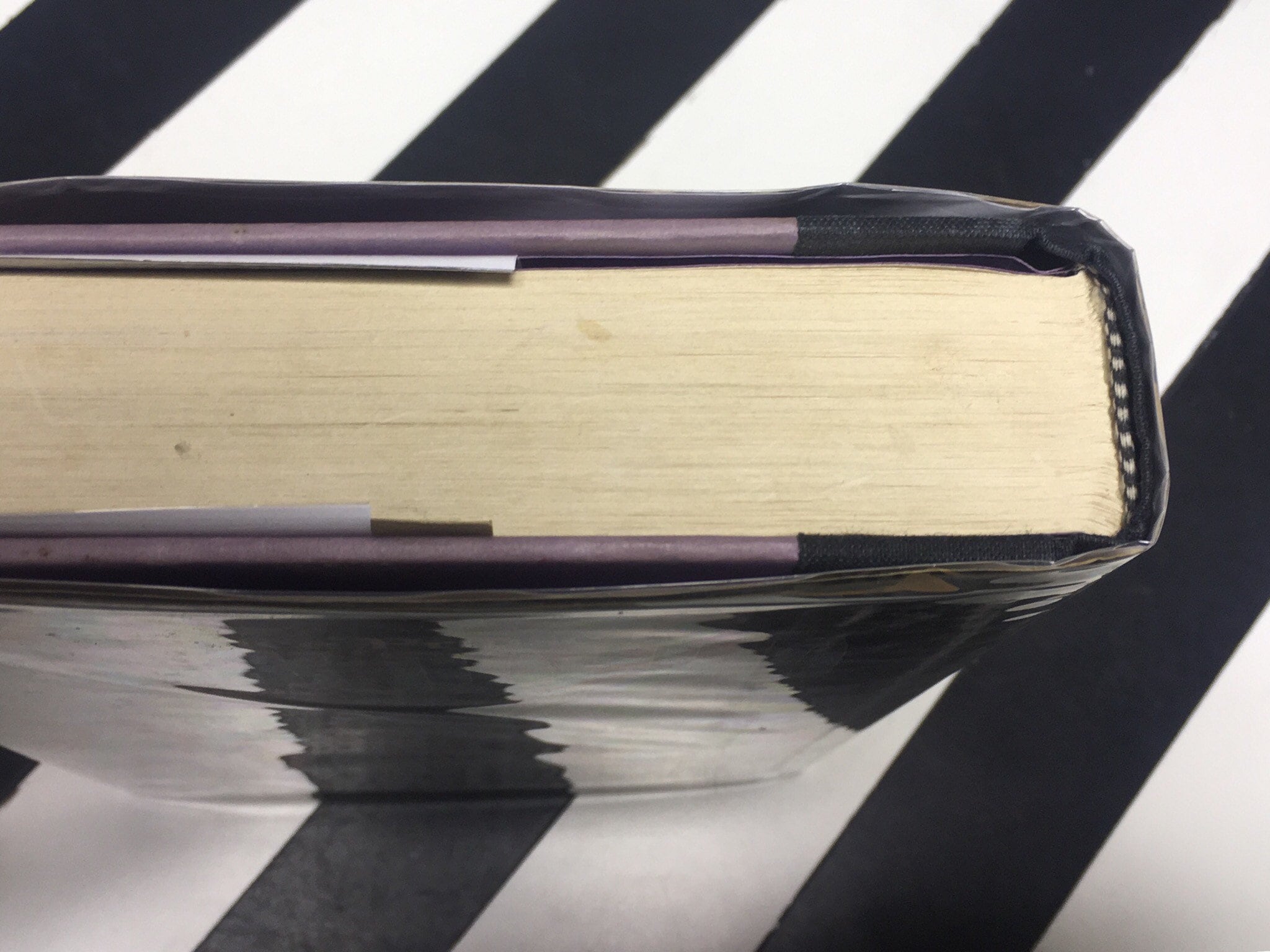
De Palma is, as always, attuned to craftsmanship - this isn't a carelessly made movie, and the editing, by De Palma's longtime associate Bill Pankow, is characteristically crisp. It gives me no pleasure to say that "The Black Dahlia" is a listless, surprisingly dispassionate picture: With the exception of a few scenes, there's something glassy and glazed about it. In one sentence he'll introduce a character as a "slatternly woman" and, a few paragraphs down, refer to her as a "slattern": Instead of giving us the picture with a few well-chosen words on her housedress, her hair, perhaps the misapplication of her lipstick (as Cain would have), he goes for the cheap shorthand, as if to free up more words to squander elsewhere.īut because a good filmmaker, let alone a great one, can often tease poetry out of a bad book, there was reason to hope that Brian De Palma could work wonders with "The Black Dahlia," his adaptation of Ellroy's 1987 novel. Now try the same with any three books by Ellroy.Įllroy is the kind of writer who uses 30 words when eight would do, and still falls down on the job when it comes to descriptive writing.

To see how James Ellroy, supposedly a master of modern hard-boiled fiction, stands up to the true masters, try this simple test: Look at your bookshelf and see how much space any three novels by Cain or Chandler take up. Cain - is determined not by how many words a writer can pack in, but by how few he needs.

The marrow-and-bone elegance of hard-boiled fiction - the kind of prose left behind by the likes of Raymond Chandler and James M.


 0 kommentar(er)
0 kommentar(er)
